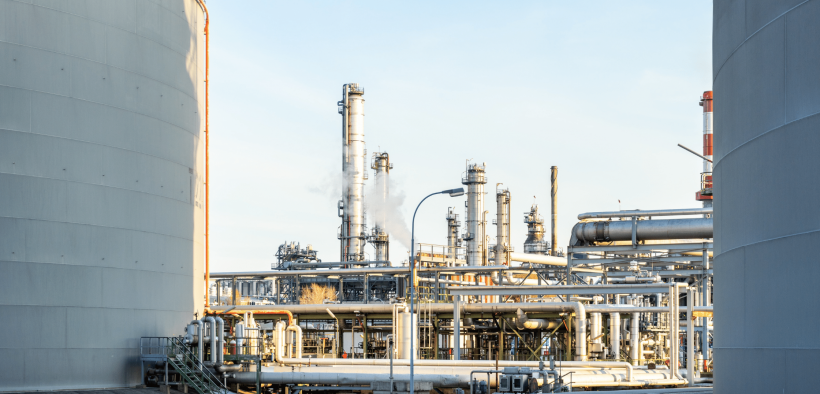Australia and Germany partners up to invest in the hydrogen industry
Share

Australia and Germany will be investing in a series of new initiatives that will accelerate the development of the hydrogen industry, creating economic opportunities and jobs while reducing emissions.
The two countries announced the ‘Declaration of Intent between the Government of Australia and the Government of Germany on the Australia-Germany Hydrogen Accord’ last Sunday, aiming to build on the countries’ respective strengths.
The Australian Government plans to make the country a major hydrogen exporter while Germany, which holds expertise in hydrogen technology, plans to import significant quantities of hydrogen in the future.
The Accord includes three major initiatives:
- Establishing the German-Australian Hydrogen Innovation and Technology Incubator (HyGATE) to support real-world pilot, trial, demonstration and research projects along the hydrogen supply chain
- Facilitating industry-to-industry cooperation on demonstration projects in Australian hydrogen hubs
- Exploring options to facilitate the trade of hydrogen and its derivatives produced from renewables (such as ammonia) from Australia to Germany
The Accord builds on the county’s existing collaboration with Germany on low emissions technologies. A two-year supply chain study between the two countries on low emissions technologies are already underway.
Prime Minister Scott Morrison said international collaboration focused on technological innovation was key to getting new energy technologies to commercial parity.
‘Our partnership with Germany will accelerate the development of an Australian hydrogen industry and create new jobs,’ Prime Minister Morrison said.
‘Our ambition is to produce the cheapest clean hydrogen in the world, which will transform transport, mining, resources and manufacturing at home and overseas.’
By developing a new low emissions industry, the Australian Government intends to cheapen energy costs for businesses to allow them to reinvest in hiring more Australian workers.
The Government has set the goal of producing hydrogen at less than $2 a kilogram which will allow it to compete with higher energy emitting alternatives.
‘Getting new technologies like hydrogen to cost parity will enable substantial reductions in global emissions while strengthening existing industries and creating new ones.’ Minister for Energy and Emissions Reduction Angus Taylor said.
Minister Taylor also said that allowing new energy technologies to work alongside existing technologies would prevent the imposition of taxes or new costs on households, businesses and industry.
‘Australia is playing its role in the global effort to reduce emissions by driving down the cost of low emissions technologies,’ Minister Taylor said.
‘Clean hydrogen is a priority under the Technology Investment Roadmap and we’re excited to be working with Germany to bring this new industry to life.’
Minister Taylor said Australia has all of the key ingredients needed to be a major global player in a thriving global clean hydrogen industry.
The Accord with Germany is just part of the Government’s $565.8 million commitment to build new international technology partnerships that will drive investment in Australian-based projects and create up to 2,500 jobs.
Eliza is a content producer and editor at Public Spectrum. She is an experienced writer on topics related to the government and to the public, as well as stories that uplift and improve the community.














